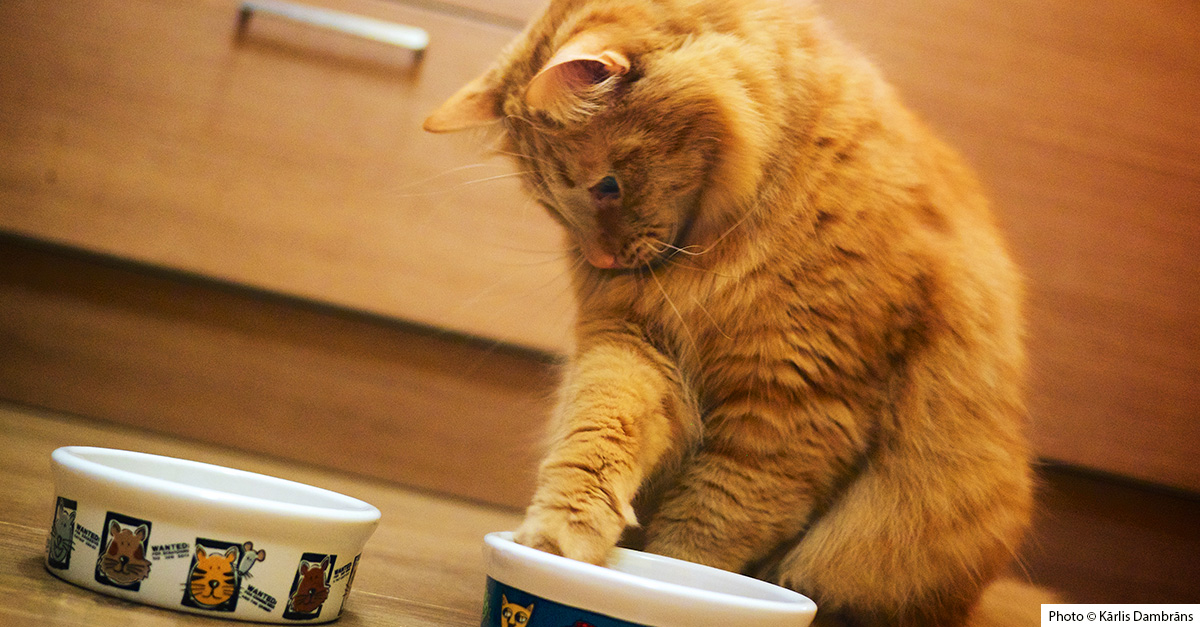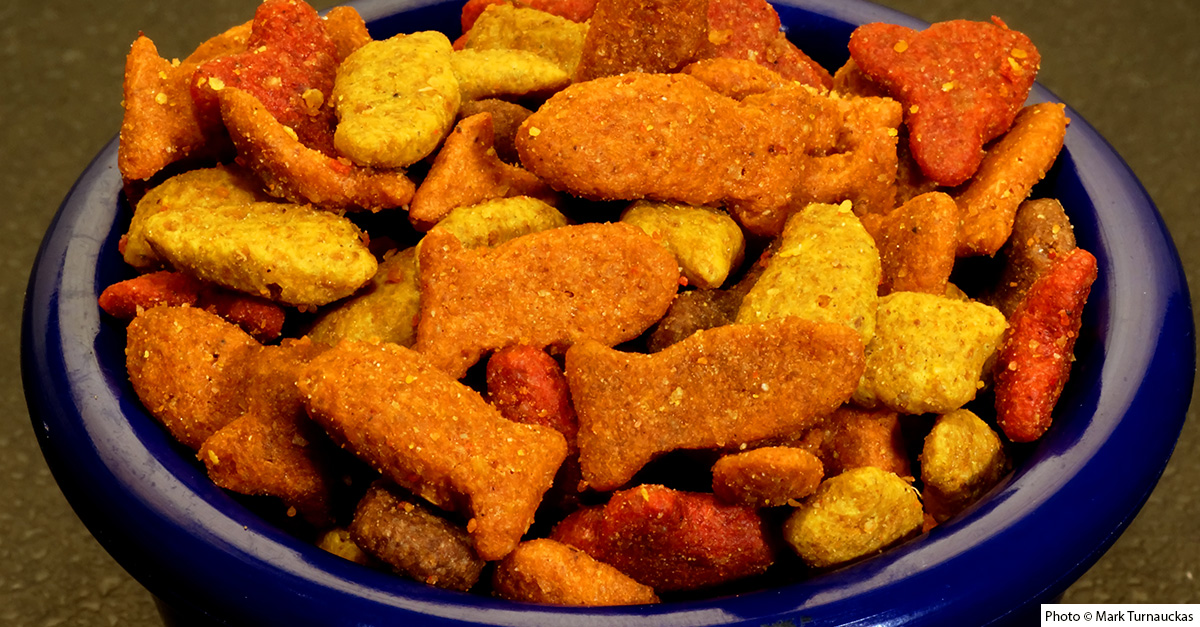
Is Your Cat Peeing In Weird Places, And Too Often? Read This!
Does your cat urinate often, and seem to be in pain while doing it? He may have a urinary tract infection.
Sometimes cats develop stones or microscopic sand-like crystals in their urinary tracts, which form when minerals accumulate in the cat’s urinary system. Because these crystals can block the urinary tract, it’s vital to take steps to prevent them.
Here are some tips for helping your cat avoid urinary tract problems.
Cats love fresh water. Keep your cat well hydrated at all times in a preemptive strike against future urinary tract problems. Keep his water bowl filled, and pay attention to water intake during hot weather. If your cat doesn’t seem to like drinking or tends to lurk hopefully by the sink instead of frequenting the water dish, consider a kitty water fountain. Moving water can be attractive.
Even more important than what goes into the water bowl is what you’re putting into your cat’s food bowl. While some cats love dry food, canned food is much healthier for their urinary tracts, since it consists of as much as 78 percent water. Compare this to the 10 percent water a cat gets from dry food or the 70 percent it gets from prey in the wild, and look for a quality high-protein canned food with added water.
Crystals in a cat’s urinary tract can form as the result of too much phosphorus in its diet. A low-phosphorus diet also clears the urinary tract of calcium and magnesium, two other minerals that can turn into sand or stones. You can avoid fish in your cat’s regular diet to help lower phosphorous intake, as it tends to be high in phosphorus. Talk to your vet about the best dietary options for your cat’s needs.
Cats that develop urinary tract infections or problems with crystals often need special diets to reduce calcium and acid levels in the blood. If your cat is professionally diagnosed with these issues, ask your vet to recommend a cat food with a high alkaline content, and continue to increase your cat’s water intake. Cats with urinary tract problems also do better if they’re allowed to eat as they please, nibbling throughout the day. This feeding tactic helps maintain the pH balance of the cat’s urine.
Finally, your cat is also likely to feel better about urinating regularly if you keep its litter box clean and inviting. Be sure to scoop regularly! Taking these small proactive steps can help your cat stay hydrated and healthy in the long run.
Help Rescue Animals
Provide food and vital supplies to shelter pets at The Animal Rescue Site for free! →
